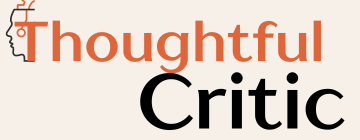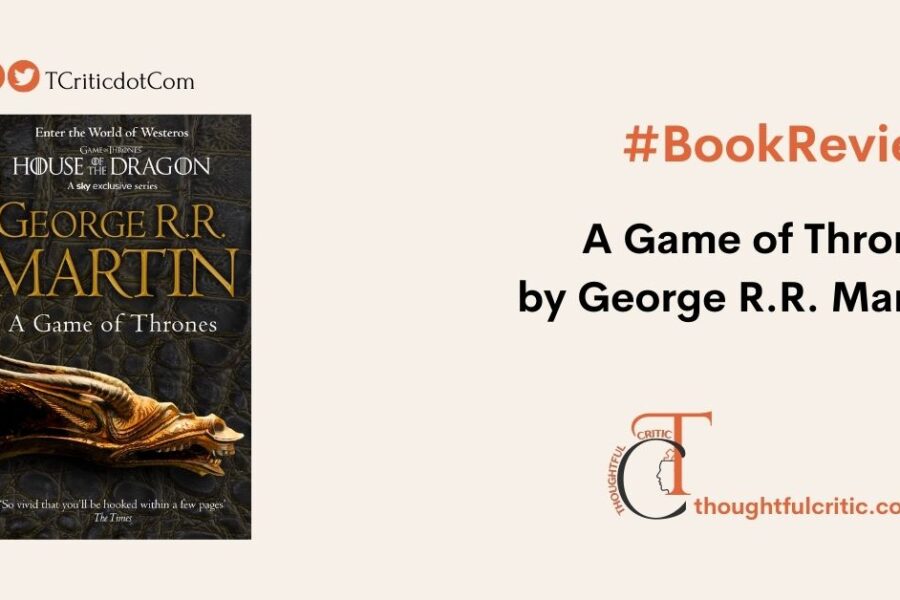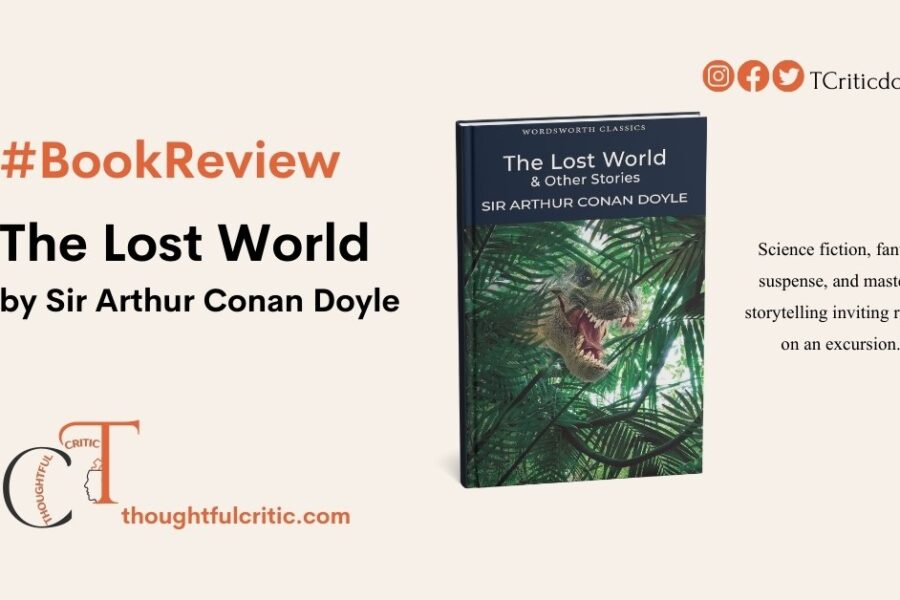In his extensive oeuvre, Anton Chekhov’s The Duel (1891) is one of the most compelling and structurally refined works. Written during a period of artistic maturity, this novella encapsulates Chekhov’s mastery of psychological realism, his nuanced exploration of human contradictions, and his ability to weave philosophical debates into the fabric of narrative without sacrificing literary subtlety. Unlike his shorter stories, which often focus on fleeting moments of epiphany, The Duel unfolds as a sustained, multi-layered examination of morality, self-deception, and the clash between intellectual idealism and human weakness.
At its core, The Duel is a story of conflict, not merely the titular duel that looms over the narrative, but the ideological and personal battles between its central characters. The protagonist, Ivan Andreyevich Laevsky, is a disillusioned government clerk who has fled to the Caucasus with Nadezhda Fyodorovna, another man’s wife, only to grow weary of her and his aimless existence. His cynicism extends even to literature and romance, as seen in his bitter dismissal of idealised love: “Though what is ‘Romeo and Juliet’ after all?” he added after a short pause. “The beauty of poetry and holiness of love are simply the roses under which they try to hide its rottenness. Romeo is just the same sort of animal as all the rest of us.” This moment reveals Laevsky’s nihilism and Chekhov’s broader skepticism toward romantic delusions—a theme that permeates the novella.
Laevsky’s antithesis is Von Koren, a zoologist and Darwinian rationalist who views Laevsky as a parasitic embodiment of moral decay. Between them stands Samoylenko, a kindly doctor who embodies Chekhov’s characteristic humanism, attempting to mediate between extremes. The novella’s brilliance lies in its refusal to wholly endorse any single perspective, instead presenting a mosaic of flawed yet recognisably human viewpoints.
One of the most striking aspects of The Duel is Chekhov’s treatment of Laevsky, a character who could easily have been rendered as a contemptible figure. Laevsky is self-pitying, irresponsible, and hypocritical—he despises Nadezhda even as he depends on her, fantasising about abandoning her while lacking the courage to do so. His psychological torment is palpable in moments of introspection: “He knew that the night would be long and sleepless, and that he would have to think not only of Von Koren and his hatred, but also of the mountain of lies which he had to get through, and which he had not strength or ability to dispense with.” This passage captures the essence of Laevsky’s paralysis—a man trapped in his deceptions, aware of his failings yet powerless to overcome them.
Von Koren, in contrast, represents the cold logic of scientific rationalism. He condemns Laevsky for his moral laxity and as an evolutionary dead end, a man unfit for the future. His worldview is ruthlessly deterministic, and he dismisses abstract philosophy with characteristic bluntness: “You are so corrupted by your seminary philosophy that you want to see nothing but fog in everything. The abstract studies with which your youthful head is stuffed are called abstract just because they abstract your minds from what is obvious. Look the devil straight in the eye, and if he’s the devil, tell him he’s the devil, and don’t go calling to Kant or Hegel for explanations.” This tirade encapsulates Von Koren’s disdain for intellectual pretense, yet it also reveals his rigidity—a flaw that Chekhov subtly underscores throughout the narrative.
The female characters in The Duel, particularly Nadezhda Fyodorovna, are often overlooked in critical discussions, yet are essential to the novella’s exploration of power and vulnerability. Nadezhda is more than a mere object of Laevsky’s resentment; she is a complex figure whose own desires and disappointments are rendered with empathy. Her affair with the police chief Kirilin underscores her agency, even as it precipitates the story’s crisis. Chekhov’s portrayal of her is neither sentimental nor punitive, reflecting his broader commitment to depicting women as fully realised individuals rather than moral symbols.
The duel itself, while serving as the narrative climax, is not the story’s true center of gravity. Chekhov deliberately undercuts its dramatic potential—the event is almost anticlimactic, reflecting the absurdity of the rigid codes that govern the characters’ lives. The real tension lies in the psychological and philosophical confrontations that precede and follow it. The resolution, in which Laevsky experiences a tentative moral awakening, is characteristically ambiguous. His reform is neither guaranteed nor glorified; it is presented as a fragile possibility, contingent on his ability to sustain self-discipline—a quality he has hitherto lacked.
Stylistically, The Duel exemplifies Chekhov’s economy of language and his ability to convey depth through seemingly minor details. The Caucasus setting, with its oppressive heat and isolating landscape, mirrors the characters’ emotional states without descending into heavy-handed symbolism. The secondary characters—the deacon who vacillates between piety and hedonism, the pragmatic Samoylenko, the brutish Kirilin—are sketched with precision, each contributing to the novella’s thematic richness.
Philosophically, The Duel engages with questions that were central to late 19th-century Russian thought: the role of the individual in society, the conflict between scientific progress and humanistic values, and the possibility of moral redemption in a world increasingly governed by materialist ideologies. Chekhov does not offer easy answers. Instead, he presents these debates through the prism of lived experience, allowing readers to grapple with their complexities. The novella’s closing lines, spoken by the deacon, strike a note of cautious optimism: “So it is in life…. In the search for truth man makes two steps forward and one step back. Suffering, mistakes, and weariness of life thrust them back, but the thirst for truth and stubborn will drive them on and on. And who knows? Perhaps they will reach the real truth at last.” This sentiment encapsulates Chekhov’s nuanced worldview, acknowledging human frailty yet retaining a glimmer of hope for progress.
While The Duel showcases Chekhov’s masterful psychological realism and philosophical depth, it is not without limitations. The novella’s relentless exploration of the human psyche, with its intricate layers of self-deception, moral paralysis, and existential ennui, may prove overwhelming for some readers, particularly younger audiences in their teens and twenties who might find its introspective weight and slow-burning narrative less accessible than Chekhov’s more concise, plot-driven stories. Additionally, the text’s dense intertextual references—ranging from Shakespearean allusions to debates about Kant and Hegel—risk alienating readers unfamiliar with 19th-century intellectual discourse, creating a barrier to entry that contrasts with the universal emotional immediacy of Chekhov’s best-known works. While intellectually rewarding, the novella’s deliberate ambiguity may also frustrate those seeking more straightforward moral resolutions or more dramatic narrative payoffs, leaving its profoundest insights reserved for patient, seasoned readers willing to sit with its complexities.
In the broader context of Chekhov’s work, The Duel occupies a unique position. It is more expansive than his shorter stories, yet retains their focus on psychological nuance. It predates his major plays but anticipates their thematic preoccupations, particularly the tension between idealism and pragmatism defining Uncle Vanya and The Cherry Orchard. Critics have sometimes dismissed it as less subtle than his later works. Still, this assessment overlooks its deliberate engagement with ideological discourse, a dimension that sets it apart from his more impressionistic tales.
Ultimately, The Duel endures not because it provides definitive moral lessons, but because it captures the irreducible contradictions of human nature. Laevsky’s weakness, Von Koren’s rigidity, Nadezhda’s desperation—these are not merely traits of fictional characters but reflections of enduring human dilemmas. Chekhov’s genius lies in his ability to depict these dilemmas with unsentimental clarity, inviting readers to confront their own biases and assumptions. In an age increasingly polarised by ideological certitudes, The Duel remains a vital meditation on the dangers of absolutism—whether moral, intellectual, or emotional—and the elusive possibility of change.
Want to know more about the author? Here is a wonderful, short, critical biography and commentary on Chekhov as an author – Anton Chekhov.
Interested in reading this prolonged yet intriguing story? Get a copy from Amazon right now – click here to order the best edition at the best price from Amazon.
Review by Alok Mishra for the Thoughtful Critic platform
The Duel by Anton Chekhov, a detailed book review
-
Thoughtful Critic's Rating
Summary
The Duel, inside or outside? Chekhov’s masterful exploration of the human psyche may make the day for seasoned readers; however, it cannot be slapped on the audience merely riding the waves of being a classic.




